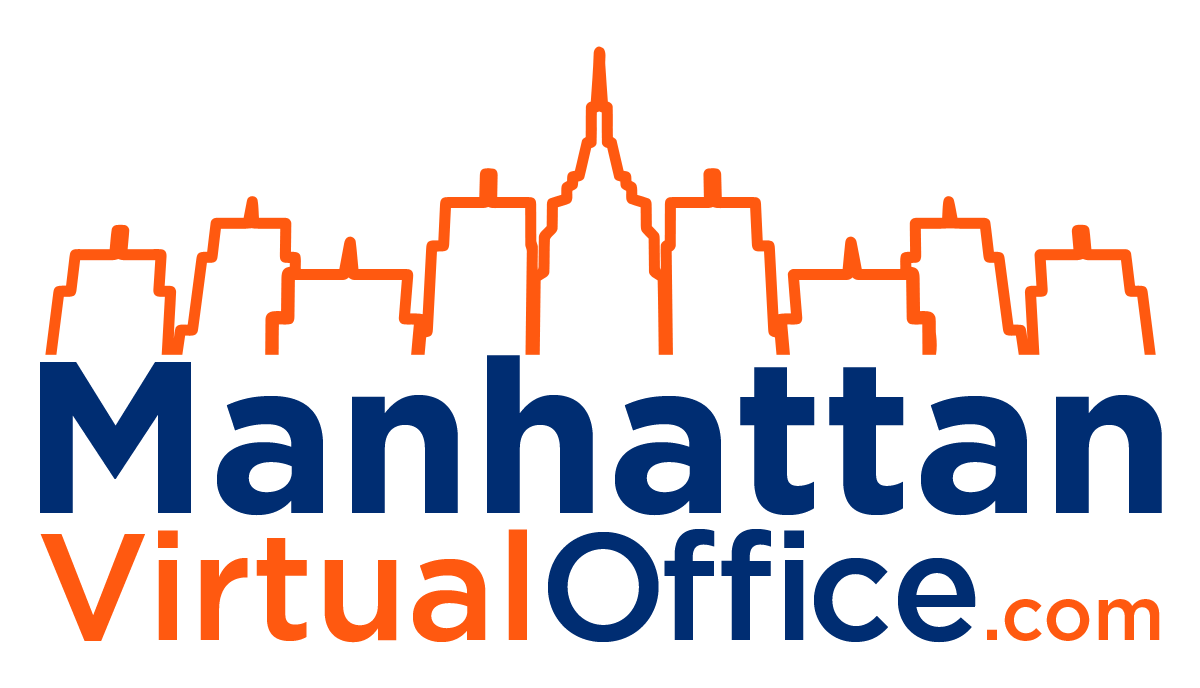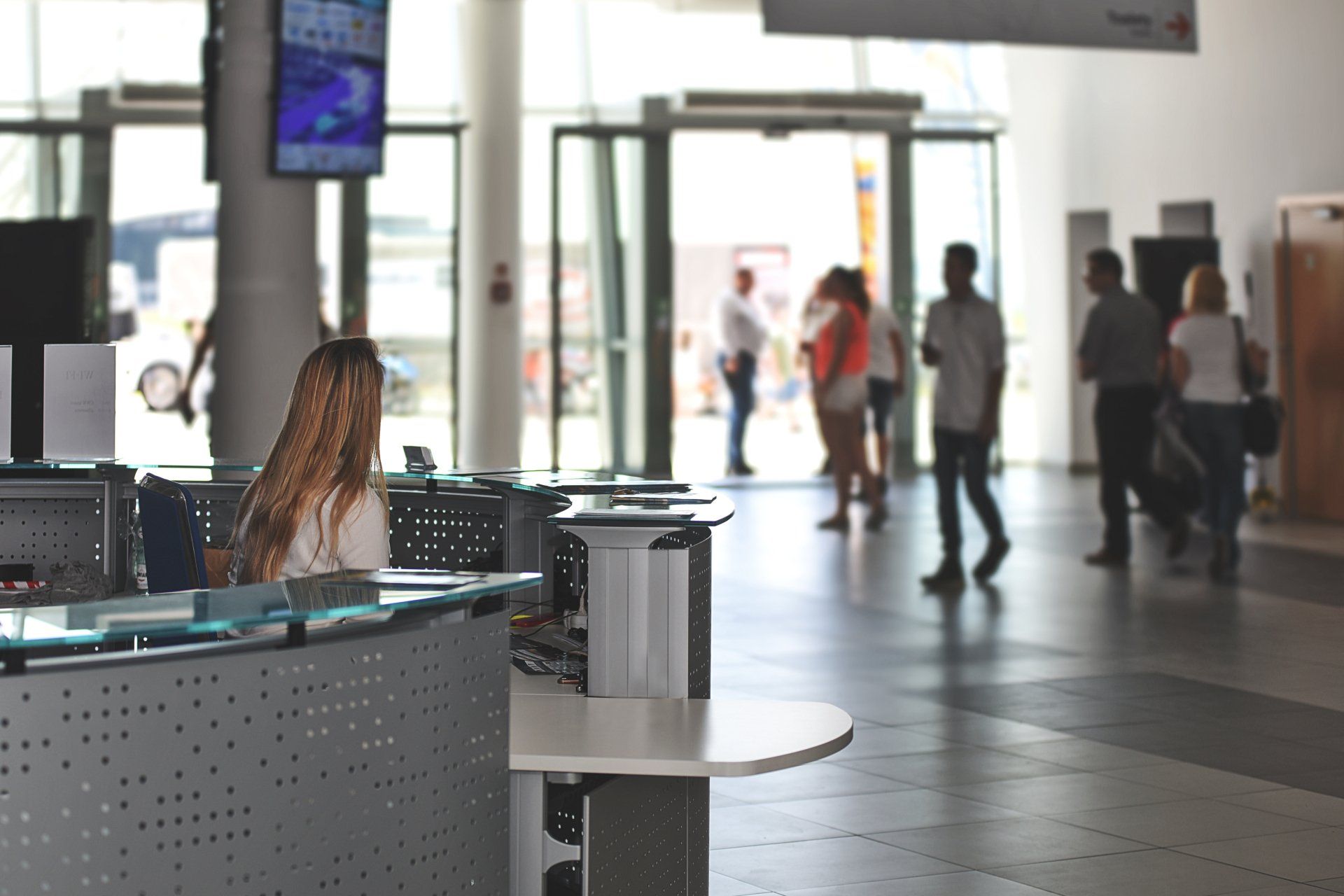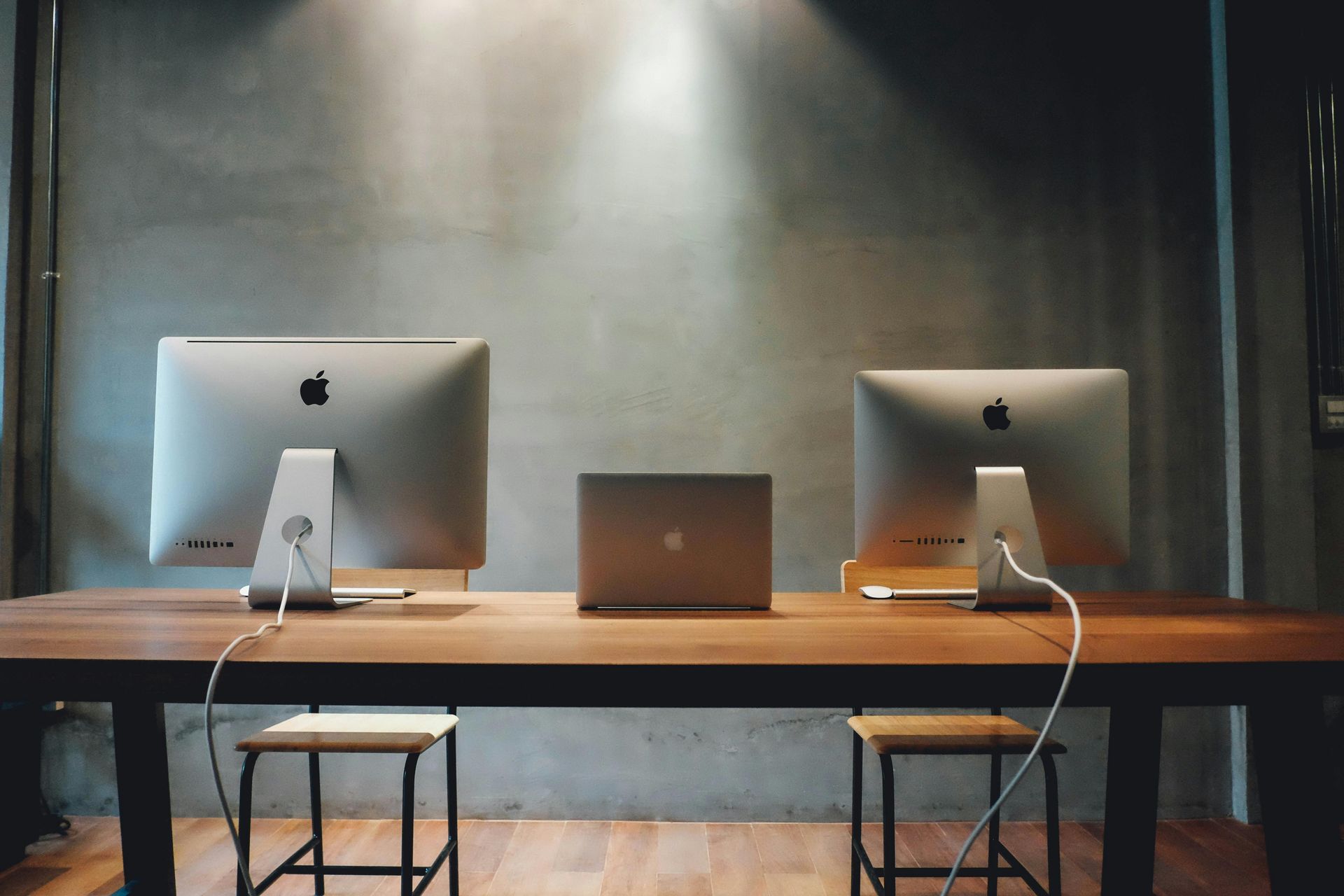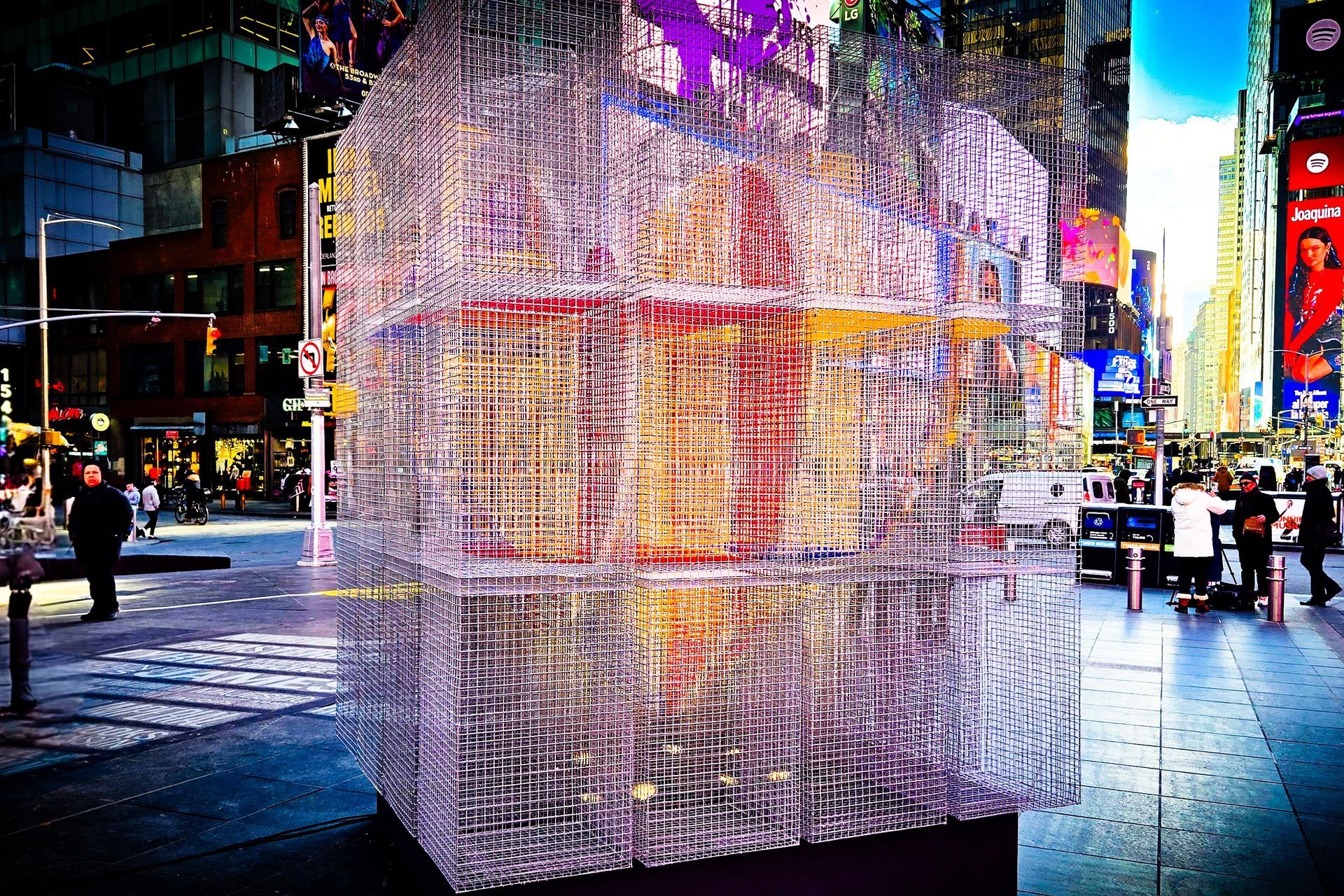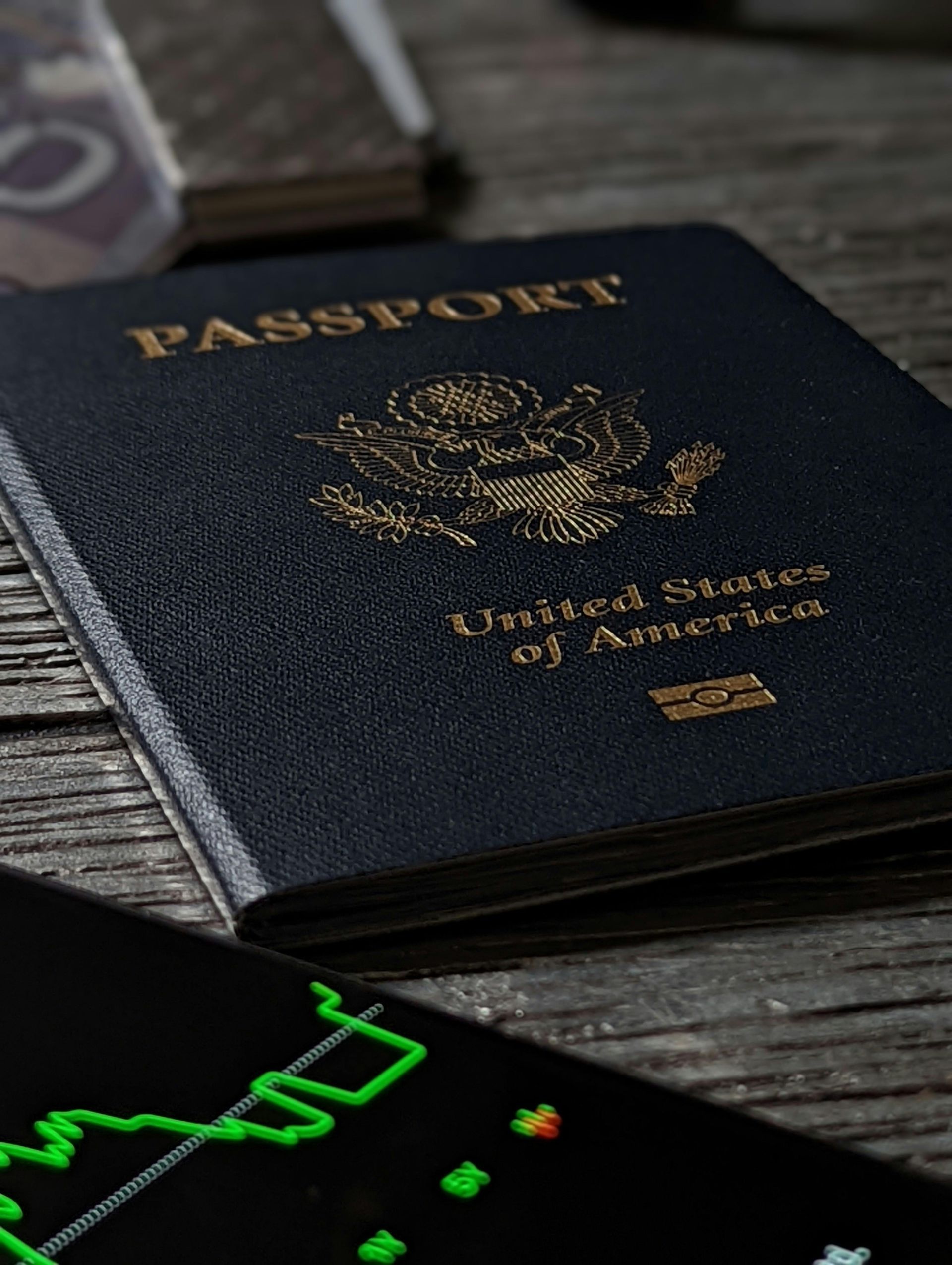How Virtual Offices Empower the Coffee Badging Trend

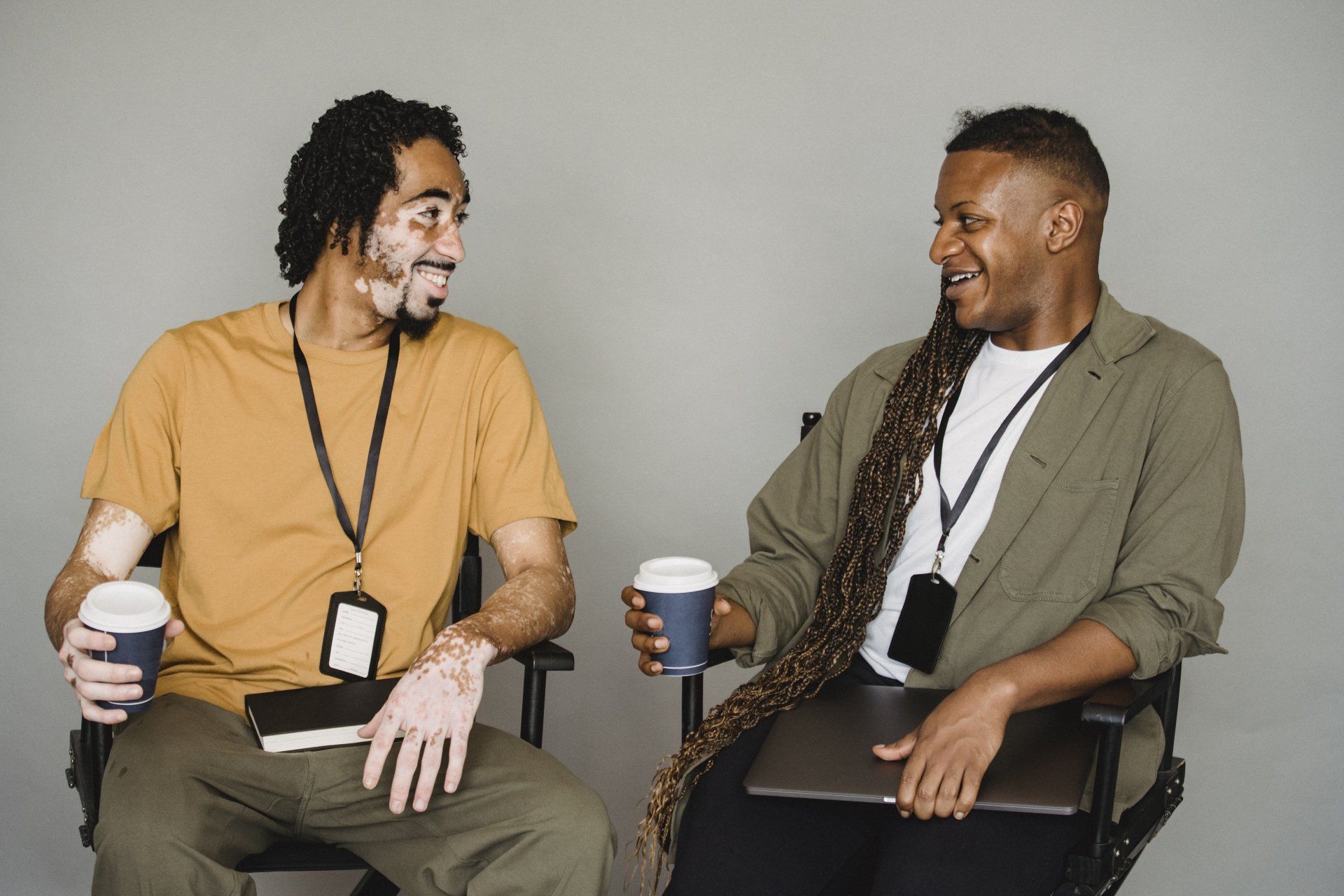
In today's rapidly evolving work environment, new terms and practices are emerging that reflect the flexibility and adaptability required in modern workplaces. One such term, "coffee badging," has been popularized by the videoconferencing company Owl Labs. Defined as the practice of briefly showing face at the office and then leaving, coffee badging has become a notable trend among hybrid employees. According to Owl Labs' 2023 report, which surveyed 2,000 full-time U.S. workers, 58% of hybrid employees admitted to coffee badging, with an additional 8% expressing interest in giving it a try.
But what exactly is driving this trend, and how can virtual offices help facilitate this new approach to work?
The Rise of Coffee Badging
Coffee badging reflects a shift in how employees perceive their presence in the office. Rather than adhering to the traditional 9-to-5 routine, workers are increasingly valuing flexibility and efficiency. By stopping by the office just long enough to make an appearance and handle essential tasks, they can then transition to a remote setting that better suits their productivity and work-life balance.
Virtual Offices: A Perfect Fit
Virtual offices are an ideal solution for supporting the coffee badging trend. Here’s how they can help:
- Flexibility and Accessibility: Virtual offices provide employees with the tools they need to work from anywhere. This flexibility allows them to maintain a physical presence when necessary while giving them the freedom to choose their optimal work environment for the rest of the day.
- Enhanced Communication: Videoconferencing and collaboration tools ensure that employees remain connected with their teams, even when they are not physically present in the office. This continuous communication supports seamless workflow and keeps everyone on the same page.
- Cost Efficiency: For companies, virtual offices can reduce the need for large physical office spaces, resulting in significant cost savings. Employees benefit from reduced commuting times and expenses, further enhancing their job satisfaction and productivity.
- Work-Life Balance: By enabling employees to coffee badge, companies acknowledge the importance of work-life balance. This flexibility can lead to higher job satisfaction, lower burnout rates, and increased employee retention.
- Sustainability: Reducing the need for daily commutes and large office spaces contributes to a lower carbon footprint, aligning with sustainability goals and promoting a greener workplace culture.
The Future of Hybrid Work
As we move forward, it's clear that hybrid work models and flexible practices like coffee badging are here to stay. Companies that embrace these trends and invest in virtual office solutions will be better positioned to attract and retain top talent. By fostering a culture of flexibility and efficiency, they can create a more engaged and productive workforce.
Coffee badging is more than just a trend; it’s a reflection of the evolving workplace dynamics. Virtual offices stand out as a powerful tool in supporting this shift, offering numerous benefits for both employees and employers. As we continue to adapt to new ways of working, embracing such innovations will be key to thriving in the modern work landscape.
